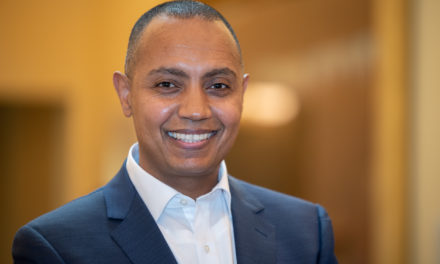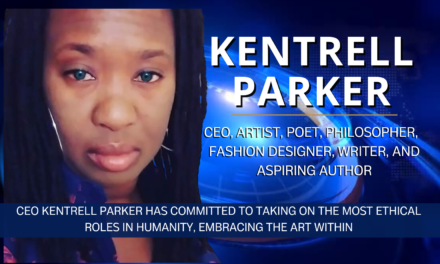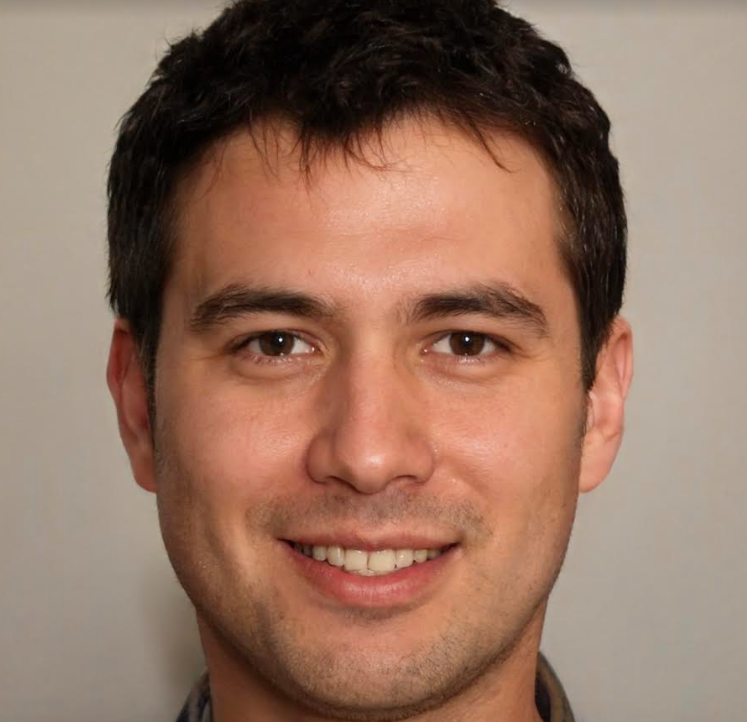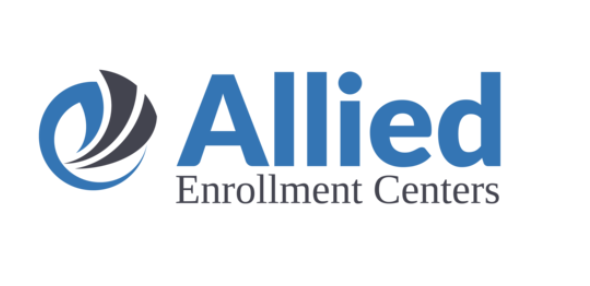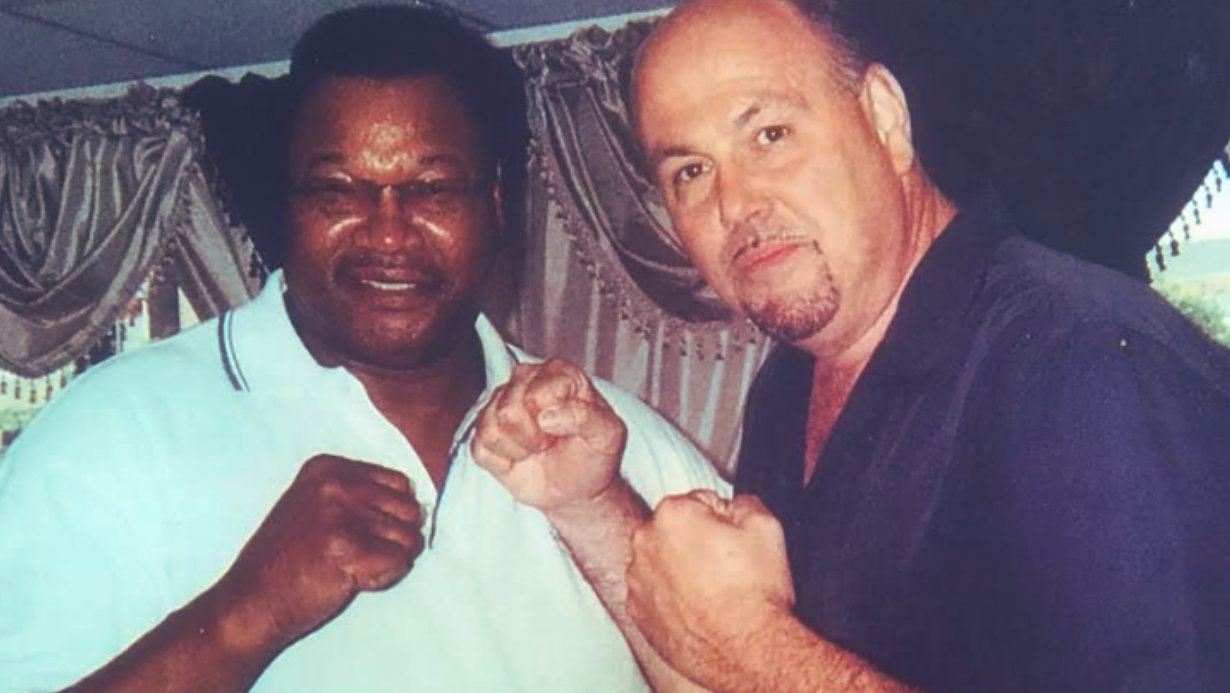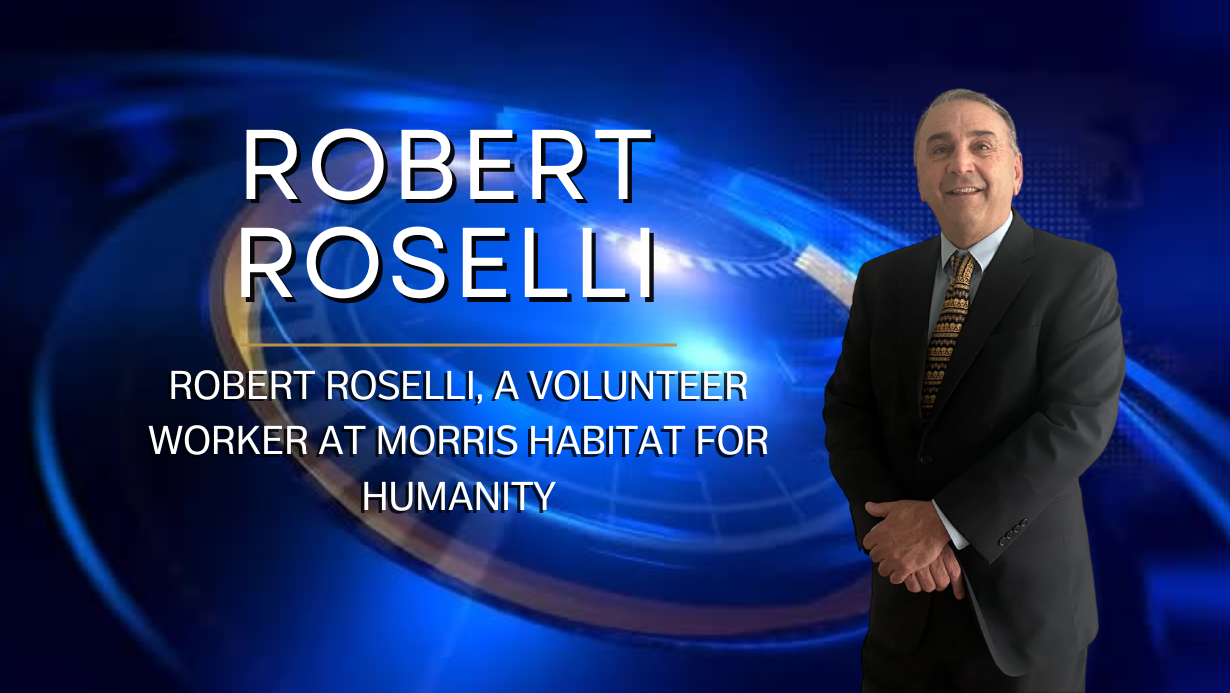by Yoram Baltinester
It’s not ‘the man’ that you are enslaved to. Nor is it your employment. That’s a myth!
So many of us have bought into the idea that being an employee is bad for us. In parties, we trash employment as a modern-day prison. We spend hours telling each other how employment has ruined our souls; how education is a contemporary indoctrination conspiracy designed to kill our creativity and condition us into obedient, disciplined soldiers in the army of rich bad CEOs and the banks that own the company. We raise a bright red flag and raise our fists as we quit our jobs in the name of our soul’s revolution!
But hang on! What’s the plan? What’s next, brothers and sisters of the revolution? We will start our own business, you say. Entrepreneurship is the way of the future and the hallmark of our generation! We’ll make a difference, impact the world, and build a movement that would better mankind around the world.
And at that moment we also flip sides. Wishing to grow our businesses and expand them, we work hard, create awesome products and services and get clients, and more clients. We get busy. Way too busy. We need help, and we look for people who’d like to take on roles in our company. We systematize so we can delegate and farm out the work we don’t want to do to…. Whom exactly?
To employees. To virtual assistants. To slaves.
Wait, what??? You heard me right. Slaves.
We’ve just become ‘the man’.
We were the ones who said that bosses enslave us and, who’s boss now after we’ve created that growing business? We offshore tasks to the people who live in other parts of the world and do it for pennies on the dollar. Other times, we create a business right here in the U.S. We hire Americans and declare ourselves proud and patriotic business owners who support the local communities and provide jobs! The same jobs we quit because of our ‘tyrannical bosses’. Oops!
It isn’t the system that’s broken. It isn’t ‘the man’ being the culprit. There is a deeper reason that gets us all emotional and hating our jobs. Over half of employees say that they don’t like their jobs, and many of us don’t even like what we do for a living. In most cases, when we quit, we’d like to do something else altogether.
It isn’t the man’s fault. The source of our dislike for our jobs lies in our own choice of career. The REAL problem starts much earlier. The real problem is that we ask our children to choose their career when they are in high school.
Let me assure you that I would have never been able to guess at high school that my calling, my life purpose as I see it today, and the work that brings me joy would end up in Personal Development. I was told from a very young age that a smart boy who does well with mathematics should be a computer engineer one day. I complied. Being great at working my way through the traditional education systems and getting good grades, I made it through university and came out a proud Computer Scientist.
I do not like computers all that much. I like expressing my creativity. I like identifying patterns. While I chose to do this in the software and Information Technology industries for decades, and even though I was happy when I got to express my gifts, I ignored the pull that I had towards working with people rather than machines.
I felt as trapped in my job as anyone. But it wasn’t the job that was the problem, nor was it my boss, or my CEO, or the companies I worked for. It was my poor choice of trade. To become happy, I needed to do more than quit my job. I needed to change my profession.
I have four children. My eldest son picked up a career in medicine. Before he did that, he served for three years. Years that completed the formation of his identity and grounded him in the sense of who he is. Then, and only then, did he make the choice?
My other son decided in his senior year of high school to become a Structural Engineer. Being a good student, he got accepted into a great college but (as many of his peers do) he changed majors when he realized that his choice was not quite what he liked. Then, he found out that he wasn’t happy even after he adjusted his course of studies and stopped his college education altogether until life has better answers for him.
My daughter also decided to figure out who she was before committing four years to a path she could not even define very well. She took a gap year to serve underprivileged youth, and then another two years to serve in the army. Years well spent that would build her character and give her ample indication of who she is and illuminate her true path. I find it more useful than a full year with a college counselor.
You may wonder if a ‘true path’ can be found without spending more time to define who a young adult is at their core. I believe it cannot. The college counselor that we work with is a fantastic man and a seasoned professional who provides excellent guidance to the high school children he works with. But his students haven’t matured enough. No matter how much counseling as we give our young adults, they are in most cases too young to choose properly.
As my young daughter goes into senior year of high school next fall, there will be no pressure to decide. She drives the process. We are just the guardians of her well-being – not the path makers or the navigators in her life.
Meanwhile, what are we to do with over 50% of employees disliking their jobs? It’s a difficult question and in place of a definite answer please allow me to share my own experience.
I chose a path in Computer Sciences, and for years felt trapped as if something within my soul wasn’t expressed. It felt that the (valuable) work I did was meaningless in the grander scheme of things. And I felt powerless to change until I changed how I looked at it. Here is what helped me:
I STOPPED PLAYING THE VICTIM AND I STOPPED BLAMING MY JOB, MY BOSS, AND MY PARENTS.
I decided to break free by finding out what will be a MEANINGFUL career.
While this article is not the place to run you through a process that would identify what is meaningful to you, there are many coaches and counselors can help you identify what you can do that would feel meaningful to you.
I have found through years of career coaching that MEANING is completely individual. It is different from one person to the next. It is not unique, but there are so many things that are meaningful to people that it is rare to find others who find meaning in the same things as you do.
When you identify what is meaningful for you, you go on to identify your most important gifts. These things that you have always been doing naturally and easily. The things you did not have to be trained on to be good at, yet you happily trained in them further to gain mastery. The things that you seemed to have done from the very get-go when you were very little.
Once you have identified your gifts and what creates meaning for you, you are in a place to start identifying your life purpose. You may be one who believes that we are born with a life purpose or, you could be one of the people who don’t think so but still agree that a life purpose is useful for a happy life. Either way, we have to discover what yours might be.
Life Purpose is your safe harbor. No matter what you end up doing, and no matter what structure you choose to be a part of, you will be happy with what you do. You could be an employee, an entrepreneur, or a corporate manager. You will be happy with what you do.
Let me be very clear about that happiness. You might not be happy with this or that result of your work. Challenges could raise or lower your mood. You might not smile all day long, but one thing will be constant: you will not feel trapped in a job that isn’t yours, for you will be expressing who you are, making use of your gifts and fulfilling your purpose.
That is the ultimate freedom. ` Yoram Baltinester
FB: Yoram.Baltinester LinkedIn: Yoram Baltinester www.heyyoram.com
[To get a complimentary career clarity session, contact the author at yoram@baltigroup.com and mention the Influential People Magazine]
Yoram has been training entrepreneurs and business professionals since the 1980’s while operating in the High-tech world in various capacities. His fast, fierce and focused approach has earned him the nickname of “The Personal Development Samurai”.
Through decades of trial and error, success and failure, and many transitions that life has taken him through, Yoram collected his insights and crafted a proven protocol he calls Decisive Action. Using this protocol people can make quality decision when the matter at hand is life changing or effects the future of their businesses.
Some of Yoram’s business and personal accomplishments using Decisive Action protocol were crossing the Gobi Desert, into Tibet and proceeding to cross the Himalayas overland into Nepal. In the wake of September 11 (same week!) Yoram started an Information Technology management firm which he grew year-over-year for 12 years until he sold it in 2013. In the personal development space, he was involved in three startups all of which still operate and one has been in business since 1985.



